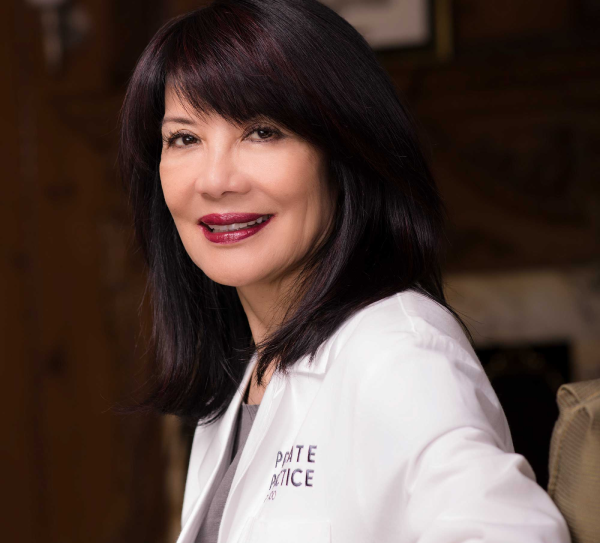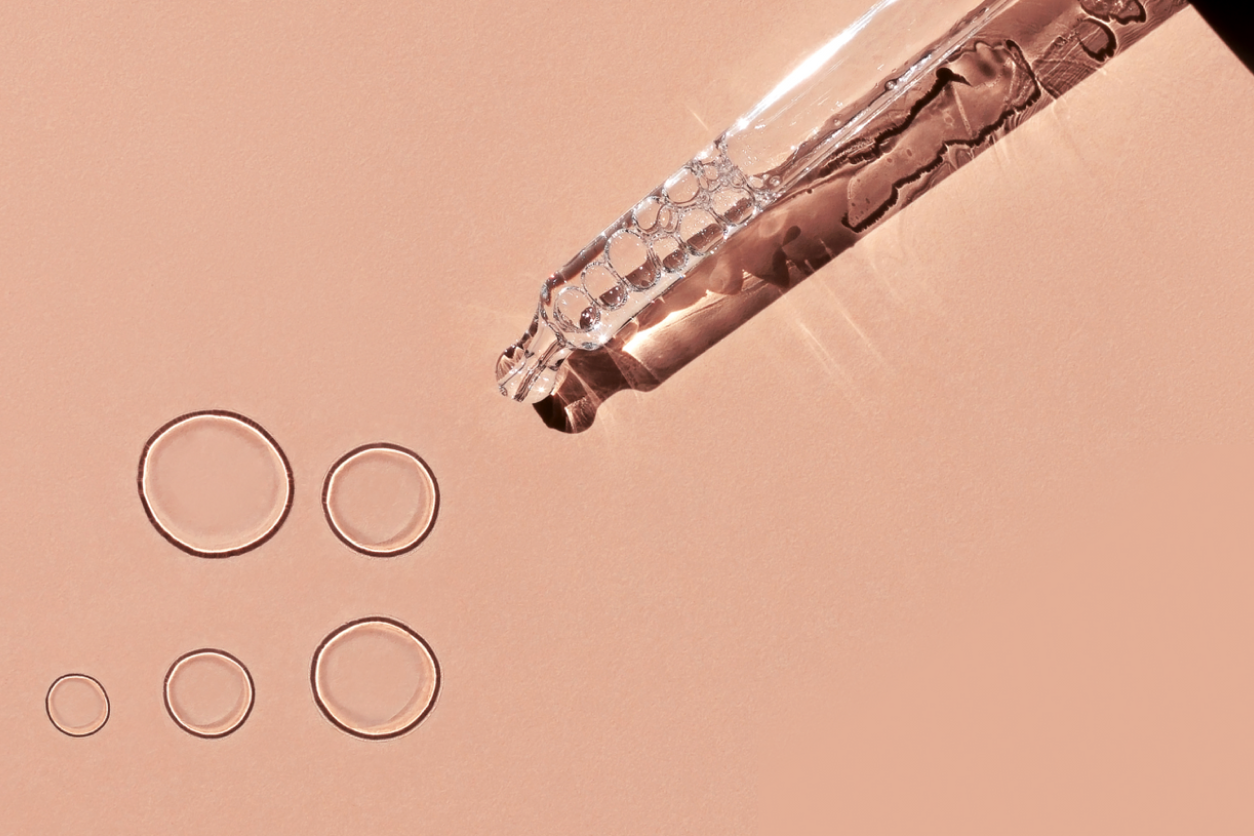Currently, there is a lot of speculation on whether collagen supplements are effective or not. The human body is capable of producing collagen, but after a certain age, it struggles to create enough to prevent aging or wrinkles. The question we should be asking ourselves is, “Are they effective for my skin?” Continue reading to find out our thoughts at Dr. Koo Skin Health Method.
What Is Collagen?
Collagen is a major protein in the body that makes up our connective tissues such as skin, bones, muscles, and more. It is created when the amino acids glycine and proline are brought together with the help of vitamin C. Without it, the skin, specifically, would slowly lose its bounce and elasticity.
What Is a Collagen Supplement?
A collagen supplement is an edible version of collagen, often made from crushed animal parts like bones, in a tablet or powder form that is easily absorbed when ingested. As the body ages, it starts to produce less collagen naturally. Also, smokers and sunbathers are more prone to collagen damage – causing wrinkles to form earlier in their lives.
Cultural Aspects
Throughout the world, different cultures have experimented with collagen and their dietary habits. For example, in China, there are meals that include bird’s nests, the swim bladders of fish, sea cucumbers, and other items that contain collagen. Ingesting collagen is still new to the U.S. but, according to Nutrition Business Journal, consumers in the U.S. are expected to spend $293 million on collagen supplements in 2020.
Skewed Research
There have been a few recent studies on edible collagen being able to restore youthful and smooth skin. However, these studies are not all true scientifically planned studies with control populations. They have small sample sizes and come with their own conflicts of interest being mostly sponsored by the industry. The studies are also very short term, using just three months of results.
Digestion and Edible Collagen
Whether swallowing a tablet or mixing a powder in your morning coffee, it all goes to the same place – the stomach. The stomach handles digestion and the small intestine absorbs any leftover nutrients. After digestion, according to the International Foundation of Gastrointestinal Disorders, proteins, like collagen, are broken down and “carried (by the blood) to all parts of the body to build the walls and other parts of cells.” Essentially, there’s a chance the collagen is used by your body for your muscles or bones instead of the wrinkles on your forehead.
NSF Certification or USP Verification
Not all collagen supplements are the same and some companies may be untrustworthy when it comes to their product. It’s critical to seek out an NSF label or USP label, which are ratings for food and supplement manufacturers. Without these, you may not know everything you are consuming is safe for you.
Let Your Skin Do the Work
Skin is extremely vascular and therefore can directly absorb nutrients, making it a wonderful and vulnerable vehicle for the delivery of essential nutrients and bad toxins/carcinogens. While collagen itself does not absorb well when applied directly to the skin, Dr. Koo Skin Health Method’s skincare products, like our Anti-Oxidant Vitamin Serum, interdigitates natural essential oils with pure, natural Vitamins C, D, E, F, and K.
Are collagen supplements effective for your skin? It’s still unclear, but Dr. Koo does offer an ecosystem of products that, when used together, will holistically treat pigment, wrinkles, pores, and texture, while essentially slowing the aging process and preventing damage. Follow us on Facebook to see all of our products and learn more information.




